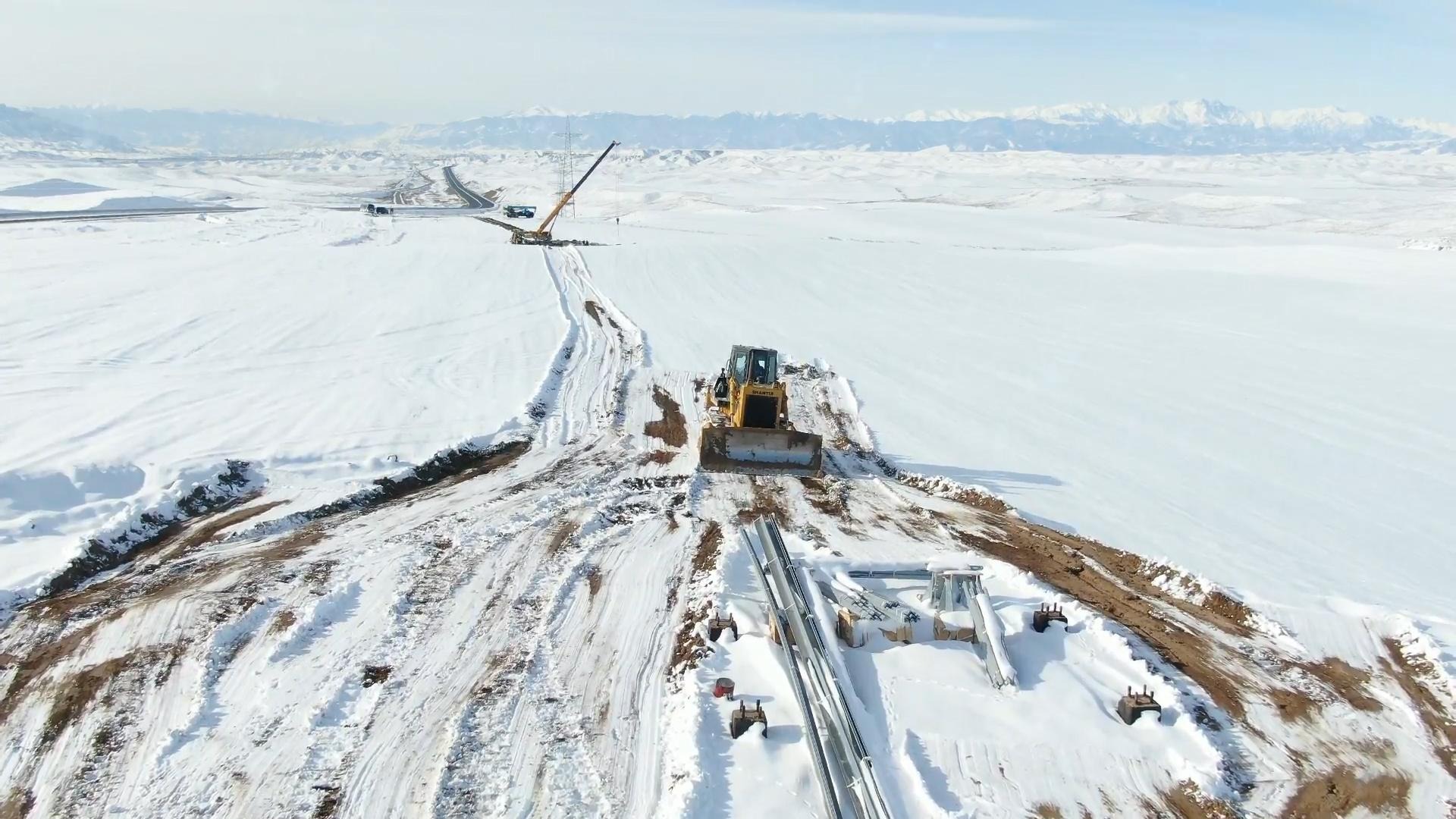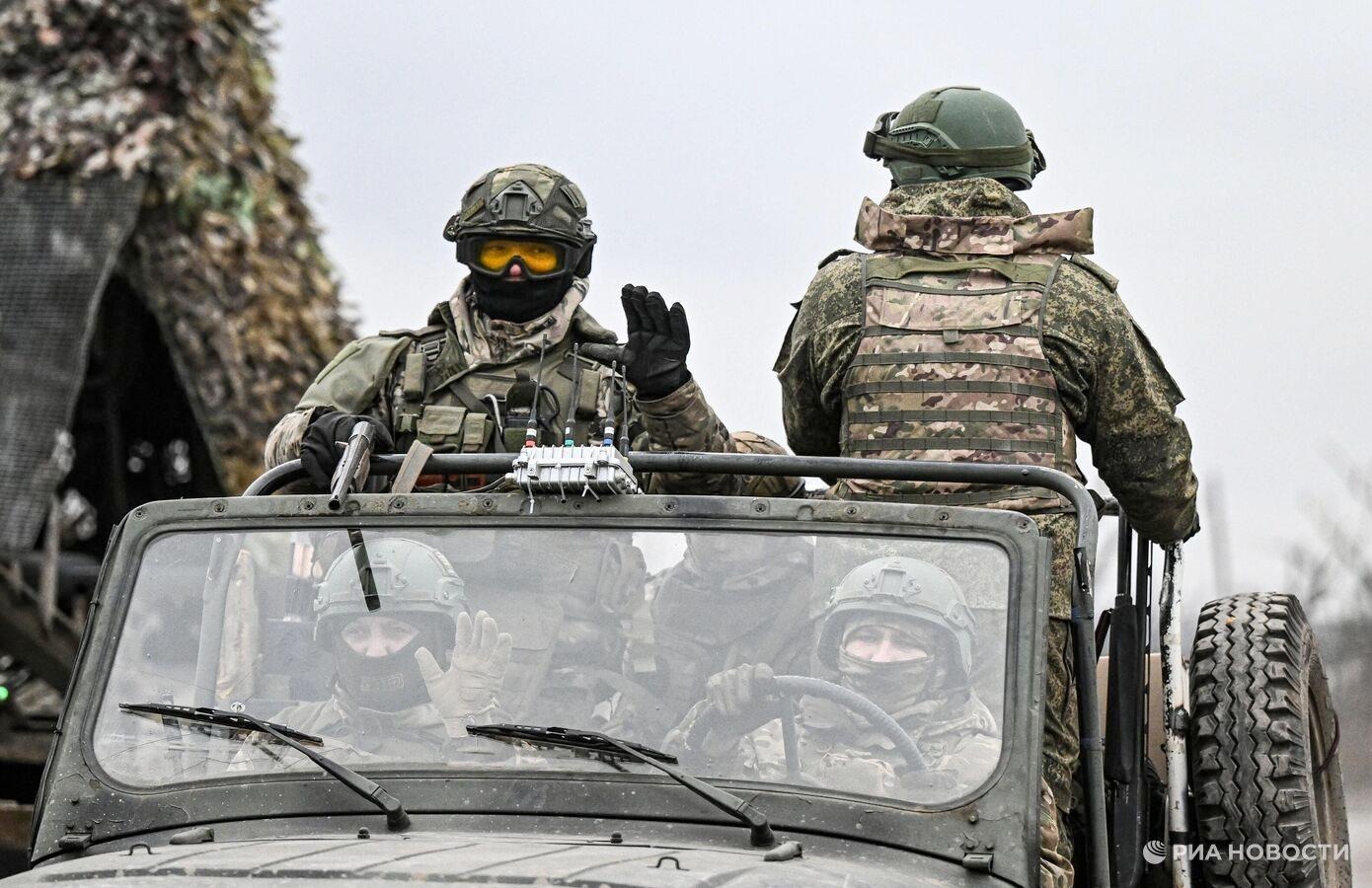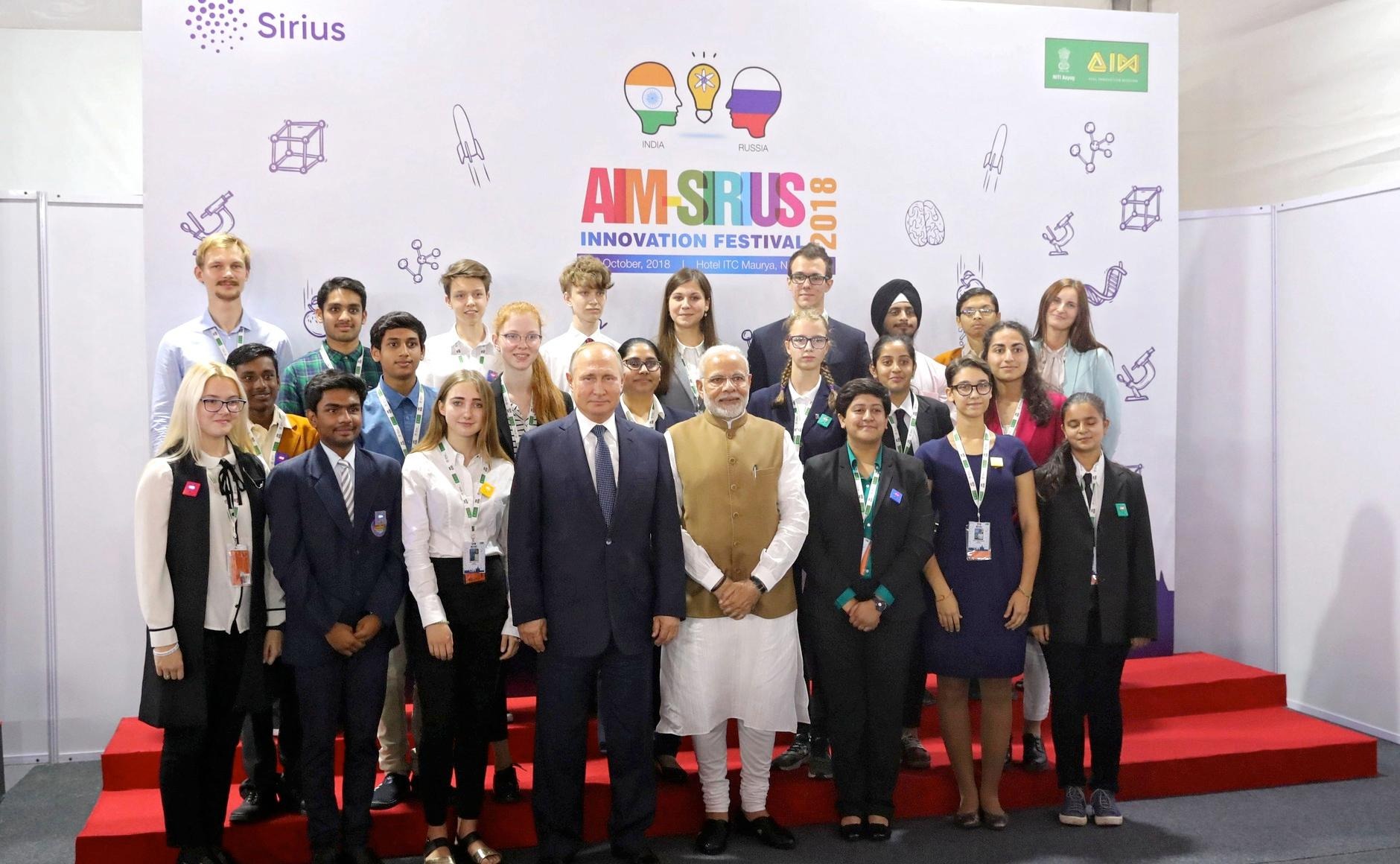The European Troika Meets In Sochi
The European Troika Meets In Sochi
On the last day of summer, French President Jacques Chirac and German Chancellor Gerhard Schroeder visited Russian President Vladimir Putin at his vacation residence, Bocharov Ruchei, near Sochi. Their discussions were broad and inconclusive, ranging from the Middle East and Iraq, to Russian oil, Iran’s nuclear program, and Afghanistan (StranaRu, August 31). Yet the three leaders obviously find it useful to revive the troika format that was initiated in 1997 by Boris Yeltsin and Helmut Kohl. The three meetings of Chirac, Putin, and Schroeder in 2003, which focused on forging a united front against the war in Iraq, fuelled media speculations about an “anti-U.S. axis,” causing each of the trio to reassure U.S. President George W. Bush of his firm commitment to Atlantic values (Izvestiya, August 30).
There was hardly a hint at criticism of U.S. policies at the Sochi summit, and it is quite clear that none of the three leaders has any constructive proposals about how to sort out the evolving disaster in Iraq (International Herald Tribune, August 28). Terrorism cast a gloomy shadow over the sunny resort, as Chirac had to postpone his arrival by half a day due to the hostage situation involving two French journalists in Iraq, while Putin had to interrupt his vacation a few days earlier when two Russian planes went down. However, Putin is obviously not in a position to offer any advice on how to deal with terrorism, while his European guests preferred not to comment on the outcome of yet another rigged election in Chechnya (Kommersant, August 31).
For France and Germany, the main contemporary geopolitical problem is not how to counter-balance U.S. unilateralism, but rather how to re-constitute their traditional leadership in the EU, which has been challenged by the dynamic growth in Great Britain and also by the discontent raised by many new EU members. Both leaders are also facing uncertain domestic politics prospects, and Schroeder’s recently announced bid for a third term as Chancellor does not look assured at all. An easy “photo-op” in Sochi would not solve these problems, but the institutionalized dialogue with Russia might help restore some credibility to the Franco-German alliance.
Putin stands to gain much more from the Sochi summit. He has lost respect in Europe during the last year, given the negative fallout from the Yukos affair and the gloomy impressions from Russia’s tightly controlled parliamentary and presidential elections. The refusal by Hamburg University professors to grant him doctoral honors was particularly unpleasant (VIP-Lenta.Ru, August 31). The light chat with Chirac and Schroeder could bring him back to Europe, particularly if they would agree to avoid unpleasant topics like the forthcoming presidential elections in Ukraine or the democratic deficit in Belarus. The French and German leaders, as well as most of their European colleagues, would hardly consider it appropriate to extend a warm congratulation to Alyaksandr Lukashenka on his fiftieth birthday, as Putin did on the very day of the summit (Izvestiya, August 31).
Where Putin expects to score even more is in his increasingly heavy-handed policy towards Georgia. For the last two months, Russia has been expanding its support for the separatists in South Ossetia, and its peacekeeping battalion has become a fighting force holding off U.S.-trained Georgian troops. Seeking to prevent any undesirable “interference” from the OSCE, Putin raised with Chirac and Schroeder the issue of reforming this organization that, in his opinion, had placed too much of a priority on humanitarian matters (Vremya Novostei, August 31). Knowing the value of symbolism in the Caucasus, Putin also met with Raul Khadzhimba, Prime Minister of secessionist Abkhazia, just one day before embracing Chirac and Schroeder (Kommersant, 31 August). They certainly refrained from any comments, but this silence was in itself a serious signal to Georgian President Mikheil Saakashvili, who has placed all his hopes on moral and material support from the West.
Whatever the tactical and PR achievements, the summit has shown the diminishing relevance of this troika in the European arena. By putting together their weaknesses and vulnerabilities, the three leaders have not gained any strength. The enlarged Europe needs new integrative impulses that France and Germany have failed to provide so far. Putin’s Russia, meanwhile, keeps drifting away from Europe and neither expanded energy exports nor insincere friendships among the leaders could check this trend.


